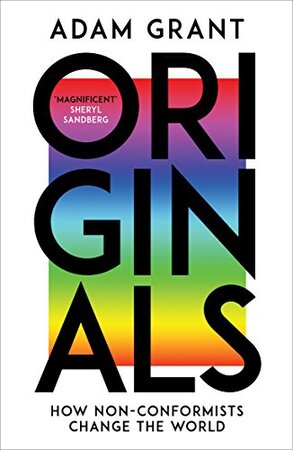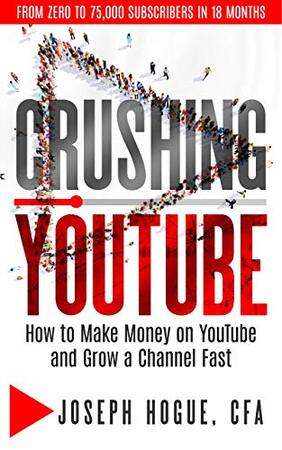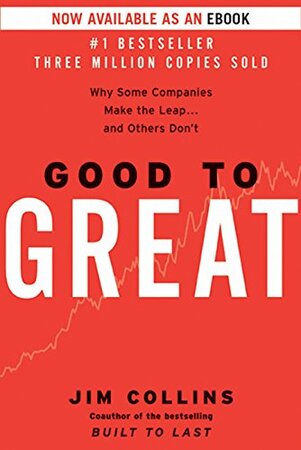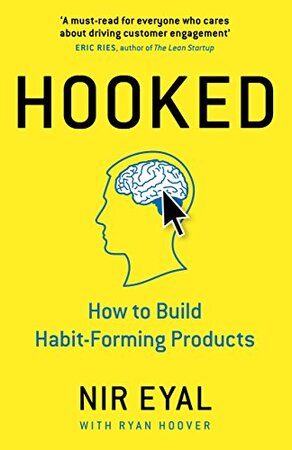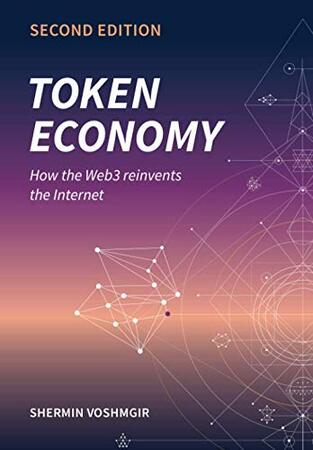
Token economy
Introduction: A New Economic Paradigm
“The Token Economy,” by Shermin Voshmgir, dives into the transformative potential of blockchain technology, exploring its ability to reshape the economic and social landscape. Voshmgir argues that blockchain ushers in a new economic paradigm, one that transcends traditional models.
The book equips readers with a solid foundation for understanding this paradigm shift. Voshmgir provides a comprehensive overview of blockchain’s history and fundamental principles, explaining how this technology empowers individuals and organizations in revolutionary ways.
Beyond the technical aspects, Voshmgir delves into the potential applications of blockchain and tokenization across various sectors. She explores how this technology can disrupt industries like finance, healthcare, and governance. The book likely examines the challenges and opportunities that arise with this new economic model, offering valuable insights for businesses, policymakers, and individuals alike.
Tokenization: The Engine of the Token Economy
The book places a central focus on the concept of tokenization, highlighting its role as the engine behind the token economy. Voshmgir dives deep into how tokenization works, explaining how real-world assets – from financial instruments like stocks and bonds to physical objects like artwork and real estate – can be transformed into digital tokens on a blockchain network. These tokens become tradable units of value, facilitating secure, fractional ownership and frictionless exchange.
Voshmgir goes beyond the mechanics, exploring the transformative potential of tokenization. She explains how it can revolutionize the way we conduct transactions by:
- Increasing efficiency: Streamlining processes and reducing intermediaries.
- Enhancing accessibility: Making fractional ownership possible, opening up investment opportunities for a wider audience.
- Improving liquidity: Enabling easier and faster trading of assets.
- Boosting transparency: Providing a secure and tamper-proof record of ownership and transactions.
Diverse Applications: Tokens Reshaping Industries
Voshmgir dives deeper into the exciting world of token applications, showcasing their potential to disrupt various industries. She explores how tokens can:
- Revolutionize Crowdfunding: By facilitating fractional ownership and secure transactions, tokens can empower new models of crowdfunding. This could enable startups and ventures to raise capital more efficiently and democratically, with increased accessibility for smaller investors.
- Challenge Traditional Currencies: Tokens designed as mediums of exchange could offer faster, cheaper, and more borderless transactions compared to fiat currencies. They could also introduce new functionalities, potentially impacting how we think about money itself.
- Incentivize Positive Behavior: Tokens can be used to create reward systems that encourage desirable actions. For example, imagine earning tokens for healthy habits or sustainable practices, redeemable for benefits or tradable on a marketplace.
This revised version expands on the potential of tokens, providing specific examples of how they can disrupt industries and create entirely new possibilities. It goes beyond just listing applications and explores the underlying impact on traditional models.
Democratization and Empowerment: A Brighter Future?
One of the book’s central themes is the potential for the token economy to democratize financial systems, making them more accessible and inclusive. Voshmgir argues that blockchain technology, with its core principles of transparency, security, and decentralization, can fundamentally change how we interact with finance.
The book explores how the token economy can empower individuals and communities in several ways:
- Financial Inclusion: By removing intermediaries and lowering barriers to entry, the token economy could bring financial services to the underbanked population, particularly in regions with limited access to traditional banking systems.
- Increased Participation: Tokenization allows for fractional ownership, enabling individuals to participate in investments previously out of reach due to high minimums. This fosters greater participation in financial markets.
- Disintermediation: Peer-to-peer transactions facilitated by blockchain can cut out intermediaries, potentially reducing transaction costs and increasing efficiency for users.
- Community Ownership: Tokens can be used to create community-owned economies, fostering collaboration and shared value within specific groups or ecosystems.
However, Voshmgir likely also acknowledges potential challenges to achieving a truly democratized financial system through the token economy. These might include:
- Technological Literacy Gap: Understanding and using blockchain technology can be complex, potentially creating a barrier for those unfamiliar with it.
- Regulation and Uncertainty: The regulatory landscape surrounding token economies is still evolving, which can create uncertainty for users and businesses.
- Security Risks: Blockchain technology, while secure, isn’t entirely immune to cyberattacks.
Challenges and Considerations: Navigating the New Landscape
While acknowledging the exciting possibilities, Voshmgir doesn’t shy away from addressing the challenges and risks associated with the token economy. She delves into concerns surrounding security, such as potential vulnerabilities of smart contracts or hacks on blockchain networks. Scalability limitations of some blockchains and the evolving regulatory landscape are also explored, emphasizing the need for a balanced and responsible approach towards utilizing this technology.
“The Token Economy” stands as a thought-provoking exploration of blockchain’s potential to transform the world we know. By offering a nuanced and balanced perspective on the opportunities and challenges presented by the token economy, the book serves as a valuable resource for anyone seeking to understand the impact of blockchain technology on the future of finance and beyond, navigating its potential pitfalls while harnessing its transformative power.


